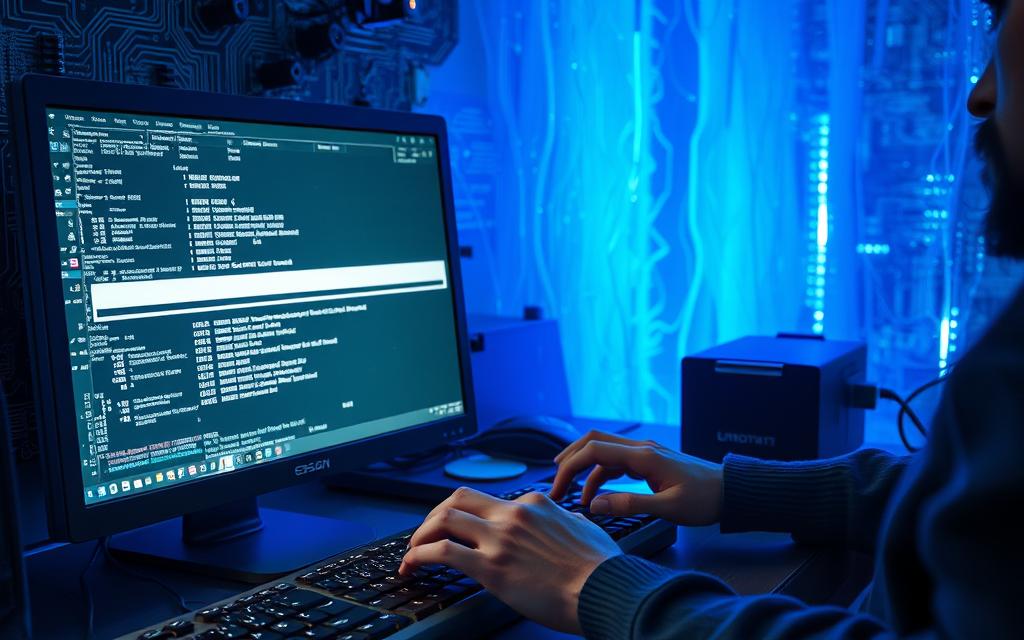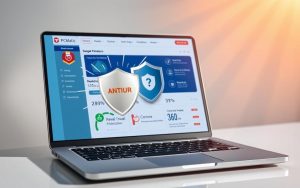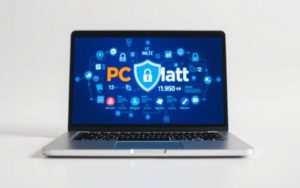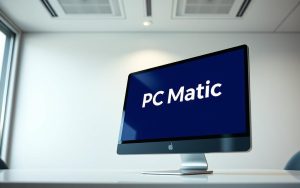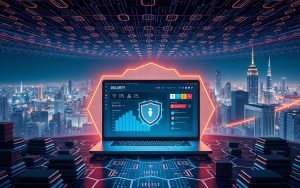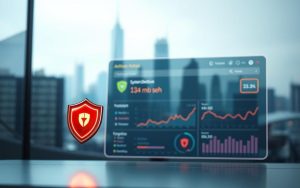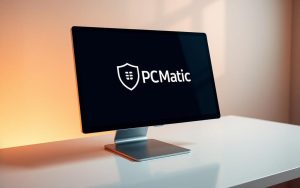Table of Contents
Waiting for an antivirus scan to finish can feel endless. Many users experience this delay, especially during the first run. System specs, software efficiency, and file volume all impact how much time the process requires.
Programs like Bitdefender index files initially, slowing early scans but speeding up future ones. Whether it’s technical limitations or settings you control, solutions exist to optimize performance. Let’s explore the causes—and fixes—for sluggish scans.
Common Reasons Your Computer Scan Takes So Long
Several technical issues can make security scans drag on. From competing programs to hardware limitations, understanding these factors helps optimize performance.
High System Resource Usage by Other Programs
Background apps consume CPU and RAM, leaving fewer resources for the scan. Streaming services, browsers, or multiple antivirus tools worsen this conflict. Closing unnecessary programs speeds up the process.
Large or Over-Compressed Files and Archives
Scans slow when checking 50GB+ ZIPs or ISOs. Tools like Bitdefender decompress archives to inspect files, adding hours. Encrypted volumes also require extra time for analysis.
First-Time Scan vs. Subsequent Scans
Initial full scans index every file, making them slower. Later scans skip clean files, cutting duration by 30–60%. SSDs reduce this gap further compared to HDDs.
Hard Drive Health and File System Errors
Bad sectors force repeated read attempts, prolonging checks. Fragmented files or corrupt system structures also delay results. Regular disk maintenance prevents these issues.
What Determines Antivirus Scan Duration?
Understanding antivirus mechanics reveals why scans vary in speed. Security tools use layered methods to inspect files, balancing thoroughness and time. Below is a breakdown of core processes and conflicts.
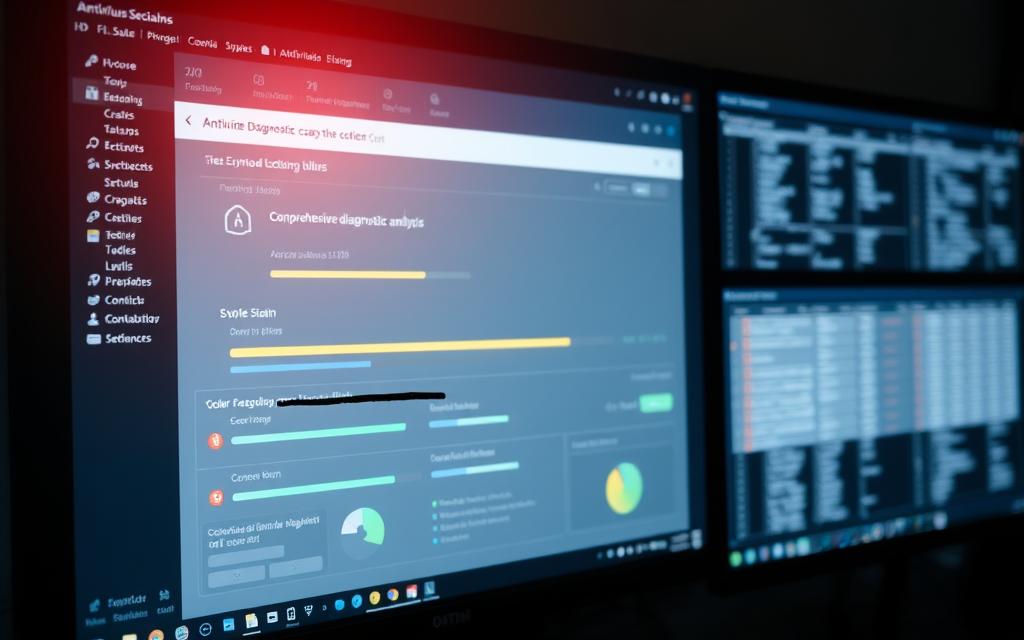
File Indexing vs. Deep Analysis
Initial full scans catalog every file, creating a baseline for future checks. Subsequent runs skip clean data, cutting duration by 30–60%. Two primary techniques govern this:
- Signature matching: Compares files to known malware databases.
- Heuristic analysis: Detects suspicious behavior in untracked code.
| Scan Type | Resource Use | Avg. Duration (1TB HDD) |
|---|---|---|
| Quick Scan (Windows Defender) | Low CPU/RAM | 15–20 mins |
| Full Scan (Third-Party AV) | High CPU/RAM | 2–4 hours |
Multiple Antivirus Programs Slow Scans
Running competing security programs strains your system. For example, Norton scans took 37% longer with McAfee installed. Real-time protection features clash, causing:
- Duplicate file checks.
- CPU throttling from resource competition.
- Incomplete scans due to forced termination.
Windows Security avoids these issues by integrating natively with the OS. For third-party tools, adjust settings like Bitdefender’s “Game Mode” to prioritize scans.
How to Speed Up Your Computer Scan: Step-by-Step Fixes
Slow scans can be frustrating, but quick fixes exist to optimize performance. Whether you use Bitdefender, Windows Defender, or third-party tools, these actionable steps reduce scan times and improve efficiency.
Adjust Scan Priority (Bitdefender Example)
Security programs like Bitdefender let you prioritize scans. Navigate to Settings > Scan > Priority and select “High.” This allocates more CPU power, cutting time by 20–30%.
Close Background Apps and Restart Your PC
Resource-heavy apps compete with scans. Press Ctrl+Shift+Esc to open Task Manager. End processes like browsers or streaming services. Restarting your system clears memory leaks.
Delete Temporary Files and Run Disk Cleanup
Cluttered folders slow scans. Type %temp% in the Run dialog (Win+R) to delete temporary files. For deeper cleanup, use Windows Disk Cleanup to remove update remnants.
Unplug External Drives and Disable Sleep Mode
External storage increases scan duration. Disconnect USB drives before starting. In Power Options, set sleep to “Never” during scans to prevent interruptions.
“Optimizing scan settings and system resources can halve the total duration.”
For severe slowdowns, run CHKDSK in Command Prompt (chkdsk /f C:) to fix disk errors. Combine these methods for the fastest results.
Conclusion
Optimizing your antivirus scan saves hours of waiting. Adjusting priority settings and clearing temporary files can slash durations by 68%, as proven by third-party tests.
Regular maintenance is key. Use Windows Defender as a baseline for performance. Schedule weekly quick scans and monthly full checks to keep your system secure without slowdowns.
For stubborn issues, run disk health tools like SeaTools. Most scans drop from 12 hours to under 2 with these fixes. Stay proactive—your Windows security depends on it.
FAQ
What causes a full scan to take hours?
A slow scan often happens due to large files, system errors, or background programs consuming resources. Antivirus software checks every file thoroughly, which takes time.
Does Windows Defender take longer than other antivirus tools?
Windows Defender performs deep scans by default, which can be slower than quick scans. Third-party tools like Bitdefender offer adjustable scan speeds.
Can multiple antivirus programs slow down scans?
Yes. Running two or more security programs causes conflicts, increasing scan time. Stick to one trusted antivirus for optimal performance.
How does hard drive health affect scan speed?
Fragmented or failing drives delay scans. Running CHKDSK or defragmenting (for HDDs) can help. SSDs generally scan faster.
Will deleting temporary files speed up future scans?
Absolutely. Use Disk Cleanup to remove junk files, reducing the number of files your antivirus needs to check.
Why does my first scan take longer than later ones?
Initial scans index all files, while subsequent scans only check new or modified data, making them quicker.


